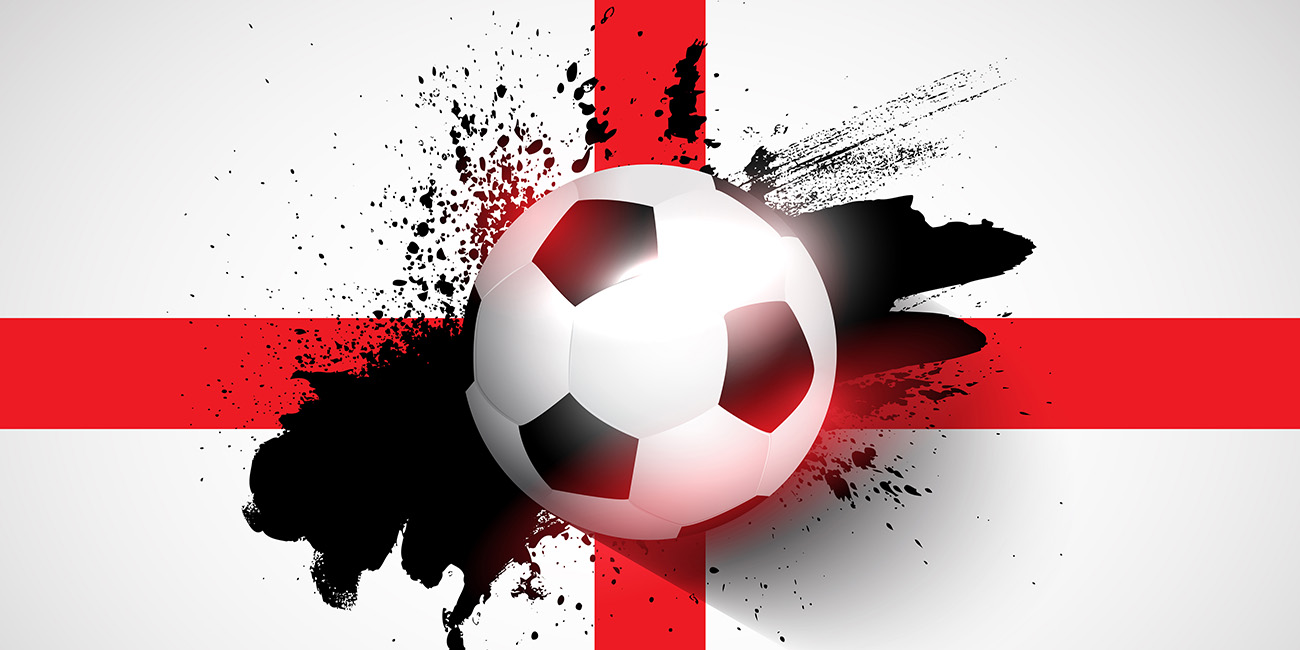The English Premier League is among the world's most popular and competitive football leagues. Known for its passionate fans and intense rivalries, the EPL has gained a reputation for attracting significant global attention. As a result, sponsorship has become an integral part of the league’s financial success. It enables clubs to invest in player acquisitions, infrastructure, and overall growth. These sponsorships often involve partnerships with well-known brands that want to enhance their brand visibility and connect with a diverse audience. However, there have been instances when the club's quest for sponsorship has led to some rather unexpected collaborations. In this article, you will get to know the unusual partnerships in the English Premier League’s history.
Fulham and Betfair
In 2002, the club announced a groundbreaking sponsorship deal with the online casino company Betfair. This marked the first time an English Premier League club secured a partnership agreement with a gambling company. The collaboration was seen as an innovative move that allowed football enthusiasts to support their favorite clubs and casino games. Although some of these players depend on Mother Luck when wagering on casinos and bookmakers. However, professionals admonish the need for fans to gain skills while playing casino games and betting on sports to make an informed decision. With this, football fans often manage their risk while showing their support for the Premier League club.
The Fulham-Betfair partnership showcases the potential of the relationship between the EPL and online casinos. It propelled the increasing presence of gambling brands in the league’s sponsorships in the following years. Today, the EPL partnership has been making more waves among fans due to the promotions the sponsors offer. Some of these include welcome bonuses to incentivize fans to sign up with them. The top operators offer supporters up to a 200% casino bonus on their first deposits. This is to maximize their passion for the league and further emphasize the connection between the gambling industry and football. It also engages the fans and amplifies the impact of the sponsorship.
Wonga and Newcastle United
The partnership between these two entities in 2012 sparked notable controversy. Wonga, a payday loan company, signed a four-year deal until 2016 to become the club's primary sponsor. It was agreed that Wonga would display its logo prominently on the team's jerseys. However, this led to widespread criticism due to the company's high-interest rates and predatory lending practices. The club’s fans expressed their lack of satisfaction with the partnership. As a result, they raised many questions about the ethical implications of aligning with a company that is considered to exploit poor people. In 2016, following Wonga's decline and eventual collapse. Its sponsorship deal with Newcastle United also came to an end.
Southampton and Sportsbet.io.
In 2020, the club announced a deal with Sportsbet.io. making them the main shirt sponsor. The agreement became the first instance of a cryptocurrency company becoming the main partner of an EPL team. The partnership was a testament to the increasing mainstream acceptance of cryptocurrencies. It also depicts their integration into the sports industry. The Southampton-Sportsbet.io. collaboration aimed to raise cryptocurrency awareness and engage with the global football community. This is particularly true for the tech-savvy younger audience.
Conclusion
The English Premier League has experienced numerous conventional sponsorships throughout its history. The partnership allowed the sponsors to showcase their brands to a global audience. Meanwhile, the clubs benefited from the financial support and exposure of the sponsorship. But, there have been some unusual partnerships that have left indelible marks on the league. The examples listed above show the ever-evolving landscape of sponsorships in the EPL.
Hence, as the league grows and attracts global interest, we expect to see more innovative and unexpected collaborations between football clubs and brands from various industries. This will further diversify the sponsorship landscape in the EPL. It’ll also enhance the financial success and development of the league.
Image by kjpargeter on Freepik

